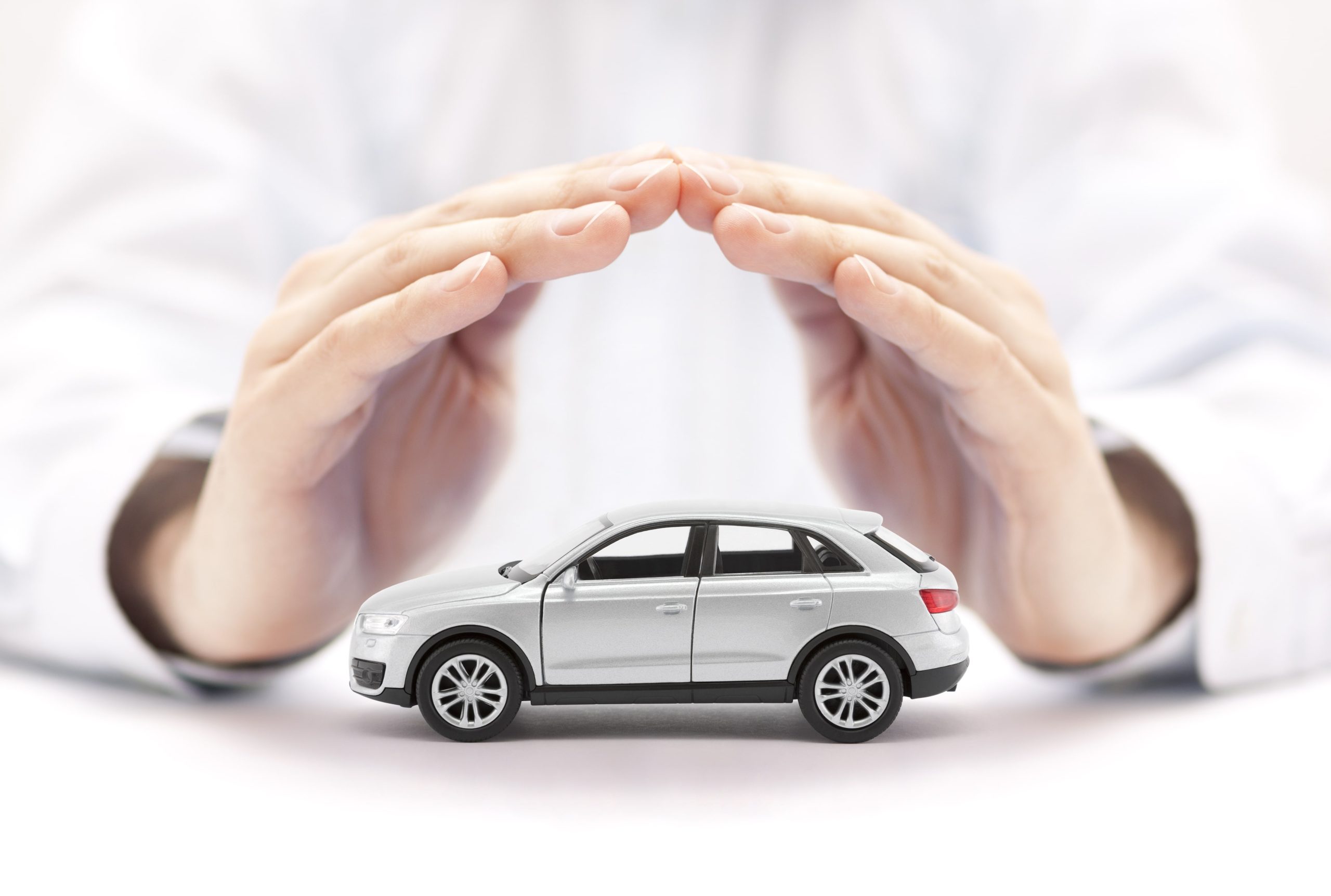Buying a car often means figuring out how to pay for it — and that’s not always easy. Loans can help, but not all loans are the same. Some are designed specifically for buying cars, while others give you more freedom in how you use the money. You can select the best solution for your long-term goals and financial status by being aware of the differences.
Selecting an Auto Loan or Personal Loan for a Car
The main thing that separates these loans is what they’re for. Car loans are made for buying cars, where the car is used as insurance. Personal loans are more broad. You could use the money for big purchases, debt consolidation, and home projects. Using a personal loan to buy a car means you don’t use the car itself to secure the loan. Also, personal loans do not care about your down payments.
Interest Rates and Fees
Interest rates on auto loans are usually less than those on personal loans. Auto loans use the car as security for lenders to take back if you don’t pay it.
Personal loans usually charge more interest since there is no item to secure them. A percentage of the loan amounts may be charged by some lenders as an origination fee. Make sure to understand the details when reviewing each financing opportunity.
Loan Terms and Repayment
Both loan types come with an agreement on how long you have to pay them back, which could be a few years. The conditions of repayment may vary according to the lender. The shorter your repayment term, the higher payments can be. A longer-term can be more money spent in the end.
Collateral and Repossession Risks
With auto loans, the car could be repossessed if loan payments aren’t made. That is why it’s considered a “secured loan.” Personal loans are typically ‘unsecured’. This means they aren’t tied to a specific item you could lose. So while you would face damage to your credit report, you won’t lose physical assets.
Which Loan Is Right for You? Factors to Consider
Deciding between a personal loan and an auto loan depends on your situation. Think about your financial health, what you need the loan for, and what you can handle. You’ll want to think carefully before deciding. You may benefit from talking to a financial professional before proceeding.
Your Financial Situation and Credit Score
Take a close look at your finances and credit scores first. A solid credit score and income may earn you better deals on either type of loan. Poor credit could make personal loans cost more because of the heavier interest. Plus, understanding your budget makes it easier to not borrow over your limit and understand your financial situation more clearly.
Purpose of the Loan
The need for the loan also guides your pick. For buying a car, an auto loan typically makes more sense because of its better rates. A car serves as protection. If you are wanting funds that can cover different types of costs like combining debts, think of a personal loan. There are times when finding the right situation that a loan vs. other option, like a credit line, might help too.
Loan Amount and Repayment Ability
How much money you need and how you can handle repayments also plays a role. Can you do bigger monthly sums in a shorter time? Or a spread-out plan fits more, despite higher long run expenses? Think about what loan terms fit into what you are able to handle financially.
FAQ
Which is best, an auto loan or a personal loan for a car?
The answer depends on your situation. Auto loans are backed by the vehicle, and they frequently offer cheaper interest rates. Although they could have higher interest rates, personal loans provide greater flexibility. You just need to compare each option with lenders.
Is it possible to get an auto loan with bad credit?
Yes, but it will be more challenging. And it’s very likely going to come with higher interest rates and less favorable terms. Improving your credit score before applying is always the best way. You may want to also consider building a relationship with a financial institution in hopes of better rates down the road.
Are there alternatives to personal and auto loans?
Yes, alternatives include lines of credit, credit cards, and home equity loans, among others. Each option has its own set of advantages and disadvantages. Consider carefully, such as the benefits of a balance transfer from a debit card. It can be better than some loan options, like getting emergency loans. Never access the social security fund early unless it is your only choice.
Bottom Line
Choosing between a personal loan and an auto loan comes down to your financial needs and situation. Auto loans are usually better for buying a car because they have lower interest rates and use the car as collateral. Personal loans offer more flexibility but often come with higher interest rates. Take time to assess your budget, repayment ability, and credit score before deciding. Understanding the terms and risks of each option can help you make a confident and informed choice. In the end, with more research you can make smarter decisions that could help you save down the line.










